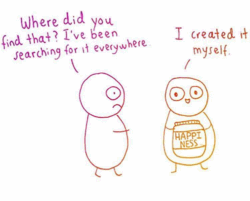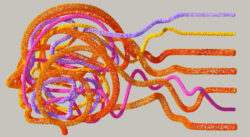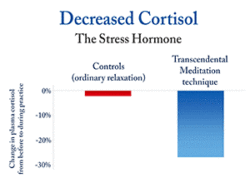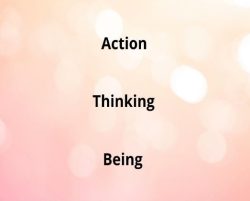September 2022
Dear Friends,
We are pleased to send you our September 2022 issue of our mini magazine, covering these topics:
- Last month’s blog posts for women by women
- School’s in! European research reveals TM benefits for teachers and students
- TM for Women chosen to present new study on nurses at Magnet conference
- Q&A: Why is TM called “a preparation for activity?”
- What women say: psychological perspectives

In case you missed them, below are links to the articles published on our blog in August. Feel free to share them. To see previous posts on topics as diverse as alcoholism, fashion, gun control, and enlightenment, please visit our archives on tm-women.org/blog/
An Interview with Registered Dietician Katie Farrell

Katie Farrell Rogers is a registered dietitian working for a medical device company as a Clinical District Manager. She recently graduated with a master’s degree in Leadership and Workplace Conflict Resolution. Katie manages a team of 11 clinicians, including nurses, dietitians, a pharmacist, and a physician assistant, who train customers on how to use medical devices to help manage insulin-requiring diabetes. Her team is located in three states—Washington, Oregon, and Alaska.
Optimism: How to be More Positive About Life

Do you wish you were more optimistic? Would your life change if you had more confidence in a positive future? Would it affect your health, your relationships, your success? Would you live longer…and look forward to it? There are answers to those questions. A study on optimism, lifestyle, and longevity was recently published by the Harvard School of Public Health in the Journal of the American Geriatrics Society.


SCHOOL’S IN!
The World Health Organization recently redefined burnout as a syndrome linked to chronic work stress that has not been successfully managed.
A study based on the Transcendental Meditation program taught in Belgian, British, Italian, and Portuguese schools that served a high proportion of disadvantaged students, showed decreased stress, anxiety, and burnout among 900 teachers who participated.
“In school teaching, the stress is the killer—once you let it get on top of you, everything can go downhill frighteningly fast. I’ve seen it happen to a lot of colleagues,” says Francis Chalmers, an Associate Lecturer in Mathematics. “During my 17 years as a secondary mathematics teacher, I was often really busy, but I never felt overwhelmed. I put this down to practicing TM twice a day.”
The Head Teacher at one school stated, “When I was first approached about TM, I was reasonably skeptical about it, because I didn’t have a great understanding of the impact it would make, and now I can see the benefit both personally and with our students. My family will tell you that I’m much calmer in the way that I deal with things.”
Eighteen hundred students who had lost their places in mainstream schools due to their behavior also participated in this study, learning the TM technique. The research revealed significant benefits in students, including increased resilience, vitality, less disruptive behavior, and better academic achievement.
Presentation of New TM Research with Nurses at Magnet Conference

Results of a randomized control trial on the benefits of the Transcendental Meditation program to 106 nurses in three Florida Magnet hospitals is being prepared for publication. The research took place during the height of the Covid pandemic, when nurses were overwhelmed and exhausted.
This study will be presented at the Florida Nurses Association Conference this month.
A Magnet-designated hospital is a medical facility considered to be the gold standard for nursing practice and innovation. Magnet hospitals are certified by the American Nurses’ Credentialing Center (ANCC) as institutions where nurses are empowered to not only take the lead on patient care but to be the drivers of institutional health care change and innovation.
The principal investigator for the study was Dr. Jennifer Bonamer, PhD, RN, NPD-BC, AHN-BC, Nursing Professional Development – Research Specialist. She has worked closely with Amy Ruff, RN, BSN, National Director of Transcendental Meditation for Nurses, a division of TM for Women. They have been chosen to present the results as a podium presentation at the ANCC Magnet conference in October 2022 in Philadelphia.
The title of the research is Transcendental Meditation for Nurses’ Well-Being: A Mixed Methods Randomized Controlled Trial.


Q: When we learn to meditate, don’t we do it for the experience during meditation? Why do TM teachers say that the Transcendental Meditation technique is “a preparation for activity?”
People who haven’t taken the TM course think that, generally, meditation has its effects during the time one is meditating, so that the technique is done for its own sake—for the experience of meditation itself. But the Transcendental Meditation technique, though tangibly deeply relaxing and pleasurable, has very practical benefits in the periods of time after meditation. For that reason, the technique is done twice daily—once in the morning before our day and once before our evening.
Each time we sit to practice the TM technique, the mind settles down and becomes more peaceful, while remaining alert. Brain function is strengthened and increases in integration and orderliness. Because the mind and body are intimately connected, while the mind transcends to quieter levels of the thinking process, the body follows suit—metabolism decreases, allowing fatigue and stress to dissolve. Throughout the mind and body, balance and health are created.
Meditating before bedtime would be like getting all dressed up and having one’s hair done just before going to sleep at night. What a waste! So we practice TM before periods of activity where the results will be realized and fruitful for our lives. At first, we might notice that our benefits seem to be in our areas of weakness—maybe in relationships, clarity of mind, happiness—but then the benefits broaden into a wider range and accumulate as time goes on. At first the benefits last for a little time after each sitting, but eventually the benefits are maintained longer and longer until they are a permanent feature of our lives.

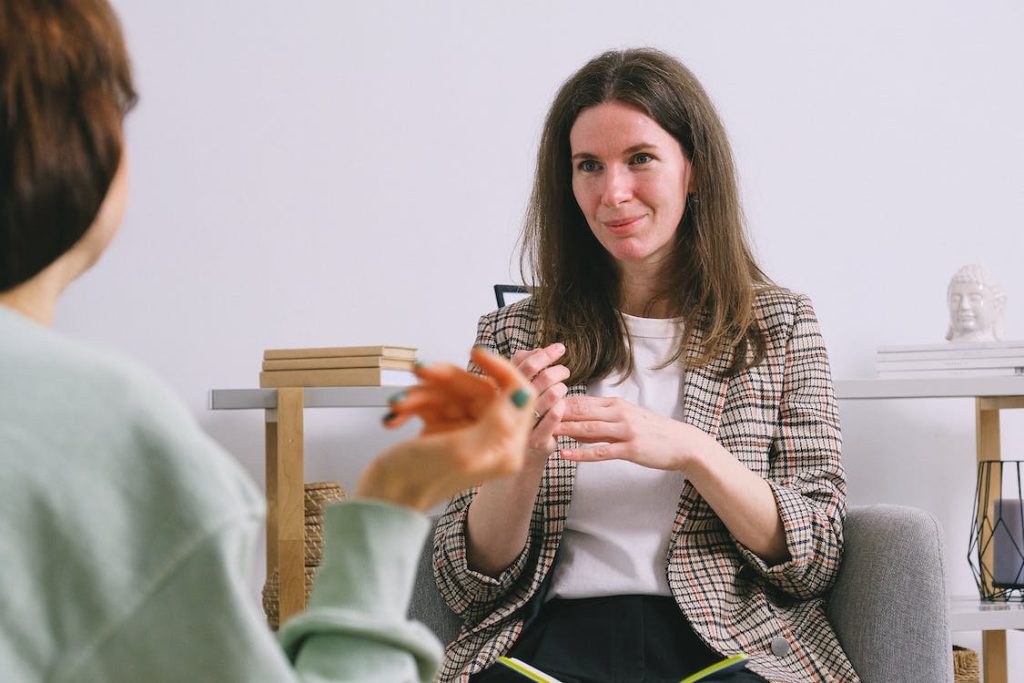
Psychologists and psychotherapists often suggest the TM course to their clients because it reduces stress significantly, relieving the mind and emotions of the debilitating effects of stress. Here are four insights into Transcendental Meditation from the point of view of mental health practitioners:
“Now here’s a meditation practice where you can simply sit for twenty minutes and become naturally refreshed by allowing the mind to settle down.”
Donna Rockwell, clinical psychologist
“I regularly recommend that clients learn the TM technique and find it to be a powerful supplement to psychotherapy. First, there is excellent scientific evidence that it can help to alleviate depression, anxiety, PTSD, and many other disorders. Second, having a twice-daily technique that allows the nervous system to settle and the mind to witness itself dramatically increases the efficacy of psychotherapy.”
Dr. Samantha Smithsteen, licensed clinical and forensic psychologist
“Having the ability to self-stabilize enables clients to enter into deeper work in therapy. TM practitioners have increased ability and tools to stabilize in the face of the stress that treatment can present when working through difficult experiences…. Transcendental Meditation centers and calms the nervous system, which is a key player in the trauma response. Regular TM practice develops a capacity for increased resilience, faster recovery from stress, and helps to manage and reduce anxiety.”
Debbie Augenthaler, psychotherapist
“Transcendental Meditation is different from mindfulness meditation in that mindfulness meditation directs your thoughts to the present moment whereas TM involves transcending all thoughts and experiencing Being…. TM does not involve any concentration. It is an effortless method designed to experience the pure state of Being; a place beyond the thinking process and your physical perceptions.”
Manhattan Mental Health
Editor’s note: We’d love to hear your comments on the benefits you’ve received from the TM practice. And, with your permission, we’ll publish them here for other women to enjoy. Send your comment to info@tm-women.org
